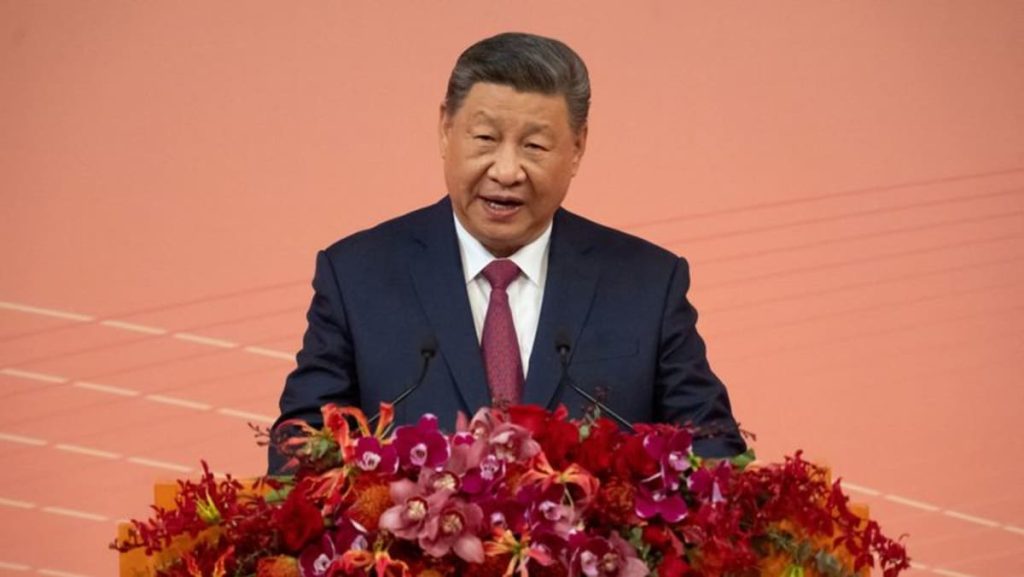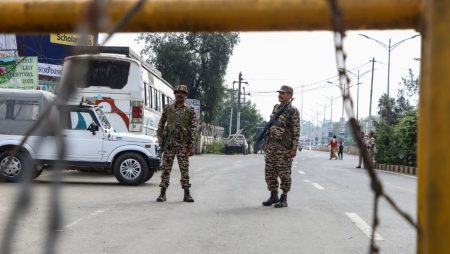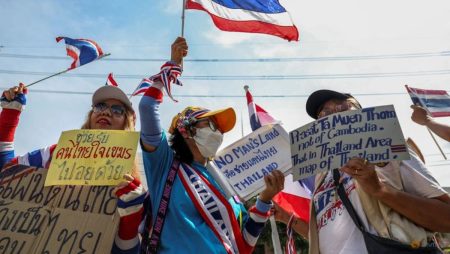The recent exchange of congratulatory messages between Chinese President Xi Jinping and Vietnam’s top leaders, marking the 75th anniversary of diplomatic relations, underscores the complex and evolving relationship between these two communist-ruled nations. Xi’s message, as reported by China’s official Xinhua news agency, conveyed Beijing’s desire to collaborate with Hanoi in building a “community with a shared future of strategic significance.” This carefully chosen phraseology reveals China’s long-term vision for its relationship with Vietnam, highlighting the importance of shared goals, interests, and ideological alignment. The emphasis on “strategic significance” further underscores the perceived value China places on its ties with Vietnam, positioning the relationship as a cornerstone of its regional and global strategy.
Xi’s message evoked a shared history of struggle and mutual support during the arduous years of national liberation and independence. Referring to the two nations as “comrades and brothers,” he highlighted the historical bonds forged through shared communist ideology and the common experience of fighting against colonial powers. This rhetoric aims to reinforce a sense of solidarity and shared purpose, while also subtly reminding Vietnam of its historical dependence on China. The emphasis on shared history, however, also serves to mask the underlying tensions and complexities inherent in the contemporary relationship, particularly concerning the South China Sea disputes and the growing asymmetry in power between the two nations.
The concept of a “community with a shared future” is a key element of China’s foreign policy discourse, representing a vision of international relations characterized by cooperation, mutual benefit, and shared prosperity. While presented as a universal ideal, it also serves as a vehicle for promoting China’s global leadership and expanding its sphere of influence. In the context of the China-Vietnam relationship, it signifies Beijing’s ambition to forge a closer, more integrated partnership with Hanoi, aligning their strategic interests and development trajectories. This alignment, however, potentially poses challenges for Vietnam, requiring it to navigate the delicate balance between maintaining its sovereignty and independence while benefiting from China’s economic and political clout.
The historical context of the China-Vietnam relationship is marked by both cooperation and conflict. While the two countries share a long history of cultural exchange and political affinity, their relationship has also been punctuated by periods of tension and even armed conflict, most notably the Sino-Vietnamese War of 1979. Despite these historical complexities, the two countries have managed to maintain a pragmatic working relationship, driven by shared ideological ground and the imperative of regional stability. However, the lingering legacy of past conflicts and the ongoing disputes over maritime territories in the South China Sea continue to cast a shadow over the bilateral relationship.
The South China Sea issue remains a major point of contention between China and Vietnam. Both countries claim sovereignty over various islands and reefs in the resource-rich waterway, leading to frequent diplomatic standoffs and heightened tensions. China’s increasingly assertive posture in the South China Sea, including its island-building activities and deployment of military assets, has raised concerns in Vietnam and other Southeast Asian nations. While both sides have expressed a commitment to resolving the disputes through peaceful negotiations, the lack of tangible progress underscores the deep-seated nature of the disagreement and the potential for future escalation.
Looking ahead, the China-Vietnam relationship is likely to remain a complex interplay of cooperation and competition. While both countries share an interest in maintaining regional stability and promoting economic development, the asymmetry in power and the unresolved territorial disputes will continue to present challenges. Vietnam, while seeking to benefit from China’s economic dynamism, will also strive to maintain its strategic autonomy and diversify its international partnerships. The future trajectory of the relationship will depend on how effectively both sides can manage their differences and find common ground to build a truly “shared future,” one that respects the sovereignty and interests of both nations.










